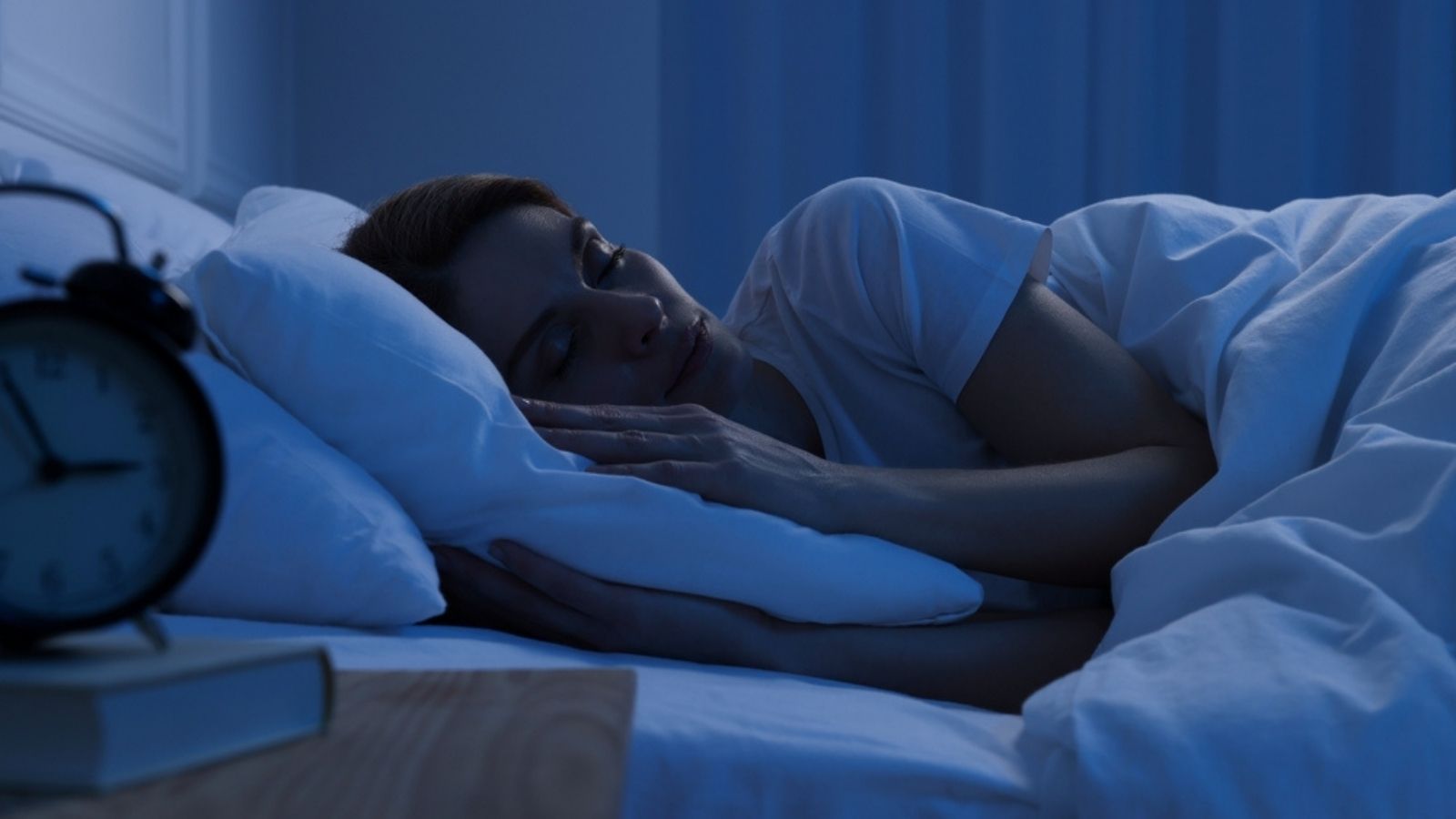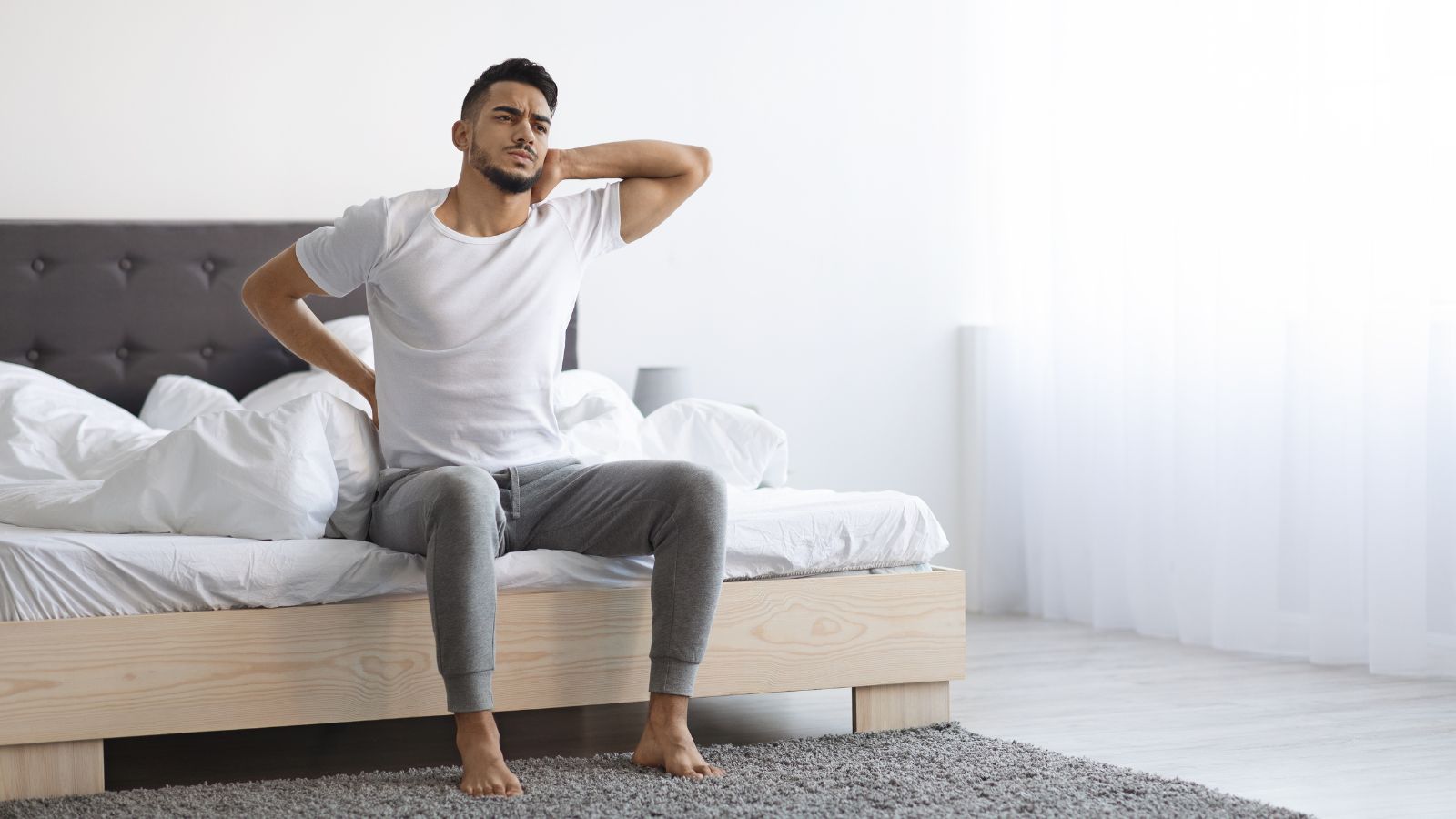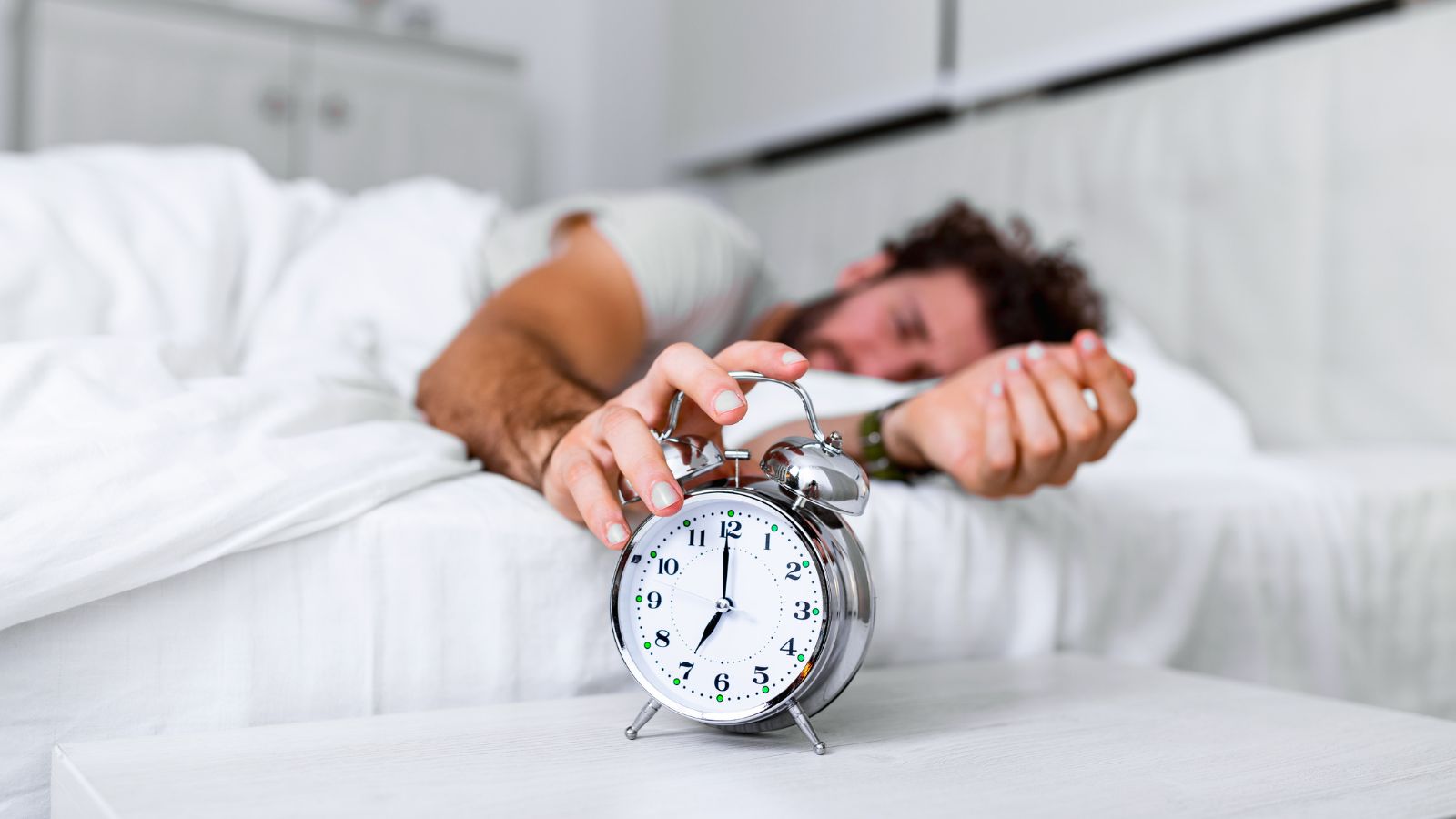Sleep is supposed to recharge us, but if you’re unknowingly making some mistakes, your sleep might actually be doing more harm than good. It is not just about how many hours you sleep but also about your habits, routines, and even your sleeping environment, which can silently sabotage your health. From scrolling through your phone in bed to sleeping in an awkward position, the effects might be adding up without you even realizing it.
Using Screens Before Bed

It’s tempting to wind down by checking your phone or watching TV, but this habit could be a major culprit behind your restless nights. The blue light emitted by screens tricks your brain into staying alert by suppressing melatonin, the hormone that signals it’s time to sleep. Without enough melatonin, you may find it harder to fall asleep or wake up feeling refreshed. Over time, this disruption can lead to chronic sleep problems.
Irregular Sleep Schedule

Our bodies love routine, even if our lives don’t always allow for it. Going to bed and waking up at different times every day confuses your internal clock, making it harder to feel sleepy when you want to or wake up when you need to. When your body doesn’t know when to expect sleep, it can lead to a cascade of issues like fatigue, irritability, and trouble focusing.
Sleeping Too Much

While we often hear about the dangers of too little sleep, oversleeping can be equally harmful. Consistently sleeping more than 9 hours a night is linked to a higher risk of conditions such as heart disease, diabetes, and depression. Ironically, too much sleep can leave you feeling more tired throughout the day, contributing to what feels like an endless cycle of fatigue.
Late-Night Caffeine

Caffeine is a sneaky stimulant—it sticks around in your system much longer than you might think. Even if you feel fine after that evening cup of coffee, caffeine can still affect your ability to fall asleep later on. In fact, caffeine’s half-life can last up to six hours, so drinking it too late in the day can leave you tossing and turning at night.
Late Meals

A full stomach right before bed can lead to discomfort and even digestive issues, such as heartburn, making it difficult to fall asleep. Your body is still working to digest the food, which can keep you awake or cause you to wake up throughout the night. Over time, these disruptions can lead to poor sleep quality, and you may find yourself feeling more sluggish and less alert during the day.
Noisy Environment

Even small, subtle noises in your sleeping environment can prevent you from achieving deep, restorative sleep. You may not wake up fully, but noises like traffic, distant conversations, or even the hum of appliances can pull you out of the deeper stages of sleep without you realizing it. Over time, this interference can accumulate, leading to fatigue, irritability, and decreased cognitive function.
A Bedroom That’s Too Warm

Our bodies naturally cool down as we fall asleep, which is why cooler room temperatures are often more conducive to quality rest. A room that’s too warm can interfere with this process, causing you to wake up feeling hot and uncomfortable. While a cozy bedroom might sound inviting, it can actually lead to restless sleep and frequent wake-ups throughout the night.
Not Enough Daylight Exposure

Natural light exposure during the day is essential for regulating your circadian rhythm, the internal clock that tells you when it’s time to wake up and when it’s time to sleep. If you spend most of your time indoors or in dim environments, your brain might struggle to distinguish between day and night, making it harder to feel sleepy when you should.
Uncomfortable Mattress

An old or uncomfortable mattress can cause discomfort, leading to restless sleep or even pain in the morning. A mattress that no longer provides proper support can make it difficult for your body to relax and achieve deep sleep, resulting in grogginess and physical discomfort throughout the day.
Sleeping on Your Stomach

Although stomach sleeping might feel comfortable for some, it’s one of the worst positions for spinal health. Sleeping on your stomach can strain your neck and back, leading to aches and pain. Over time, these physical discomforts can accumulate and interfere with your sleep quality, leaving you less refreshed in the morning.
Using the Wrong Pillow

An ill-fitting pillow can cause neck pain and lead to restless nights. The right pillow supports your head and neck in alignment with your spine, but the wrong one can leave you waking up with stiffness and aches. Long-term use of an unsupportive pillow can also contribute to chronic pain and poor sleep quality.
Not Having a Consistent Bedtime Routine

Jumping straight from an active day into bed without a calming routine can leave your mind too wired to fall asleep. Your body needs time to wind down and prepare for rest, and without a consistent bedtime routine, you might find yourself lying awake for longer than you’d like.
Ignoring Stress Levels

Stress is one of the biggest culprits when it comes to poor sleep. Whether it’s work, personal life, or general anxiety, stress keeps your body in a heightened state of alertness. Even if you do fall asleep, stress can cause fragmented, shallow sleep, leaving you tired and irritable the next day.
Not Prioritizing Sleep

In today’s hustle culture, sleep is often sacrificed in favor of getting more done. But consistently skimping on sleep has long-term consequences, including an increased risk of obesity, heart disease, and even cognitive decline. Chronic sleep deprivation can also take a toll on your mental health, leading to mood swings and poor decision-making.
A Cluttered Bedroom

The environment you sleep in plays a bigger role in your rest than you might think. A cluttered room can subconsciously create a sense of chaos and stress, making it harder for your brain to relax and unwind when it’s time to sleep.
Overthinking Before Bed

Your mind can be one of the biggest obstacles to getting a good night’s sleep. Lying in bed, replaying the events of the day, worrying about future tasks, or even overthinking trivial matters can keep your brain too active to settle down. This constant mental chatter increases anxiety and makes it harder for your body to transition into a restful state.
Longer Day Naps

A little nap can give you the energy boost you need, but there is a thin line between a refreshing nap and one that throws off your sleep schedule. Extended naps, especially those taken in the late afternoon, might mess with your body’s schedule. It may seem harder for you to fall asleep at your usual time, which could keep you up late.
Sleeping in a Poor Posture

Unexpected effects on your general health and quality of sleep can result from how you arrange your body when you sleep. Chronic pain, especially in the neck, shoulders, and lower back, can result from bad sleeping positions, which include sleeping on your stomach, writhing into a tight ball, and maintaining an unnatural neck angle.
Consuming Meals Before Sleep

Snacking on a savory dish may be fulfilling, but it may also cause issues with falling asleep. Spicy Foods have been known to cause acid reflux or heartburn, especially right before bed. As you try to get comfortable, the burning feeling may keep you awake, tossing, and turn. Even if you do fall asleep, the pain could keep you up most of the night, causing you to wake up early and feel lethargic.
Conclusion

Sleep is more than just a way to rest; it’s when your body repairs and recharges. If any of these habits sound familiar, they could be standing between you and better health. By making some small adjustments to your sleep routine, you can improve the quality of your rest and, in turn, your overall well-being.
18 Reasons Why People Are Leaving Florida in Masses

Exploring factors that impact the desirability of living in Florida, this list delves into various challenges shaping residents’ experiences. From environmental concerns like rising sea levels to economic factors such as fluctuating job markets, these issues collectively contribute to a nuanced understanding of the state’s appeal.
18 Reasons Why People Are Leaving Florida in Masses
